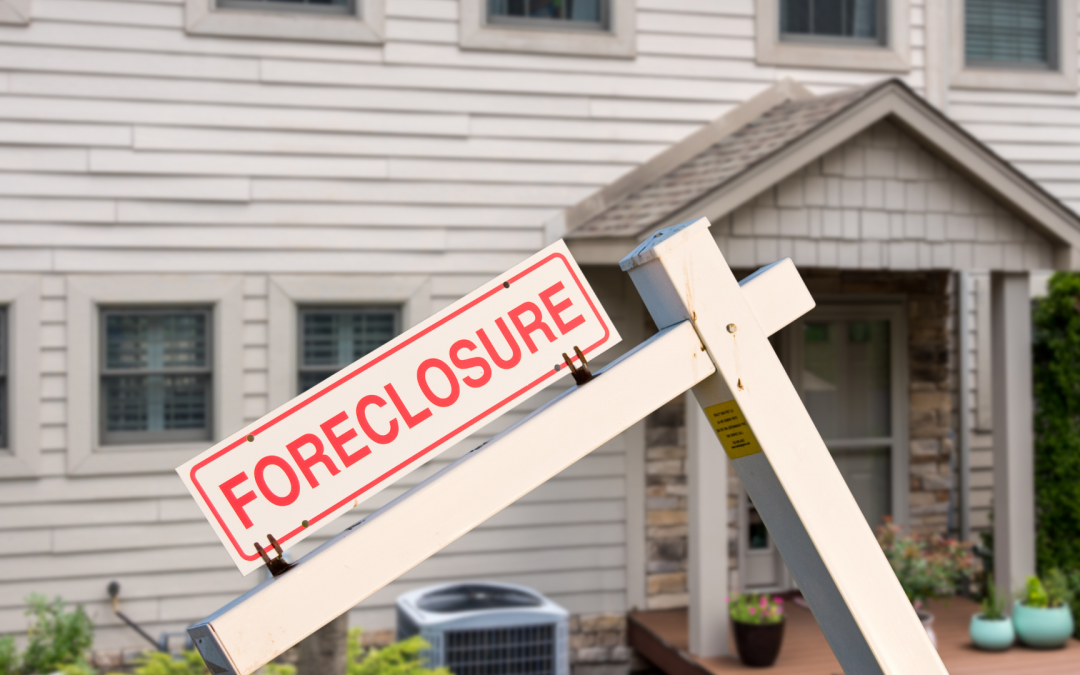Facing the possibility of losing your home to foreclosure can be an overwhelming and distressing experience. However, it’s essential to remember that there are several options available to homeowners to avoid home foreclosure and regain control of their financial situation.
In this blog post, we’ll explore some effective alternatives to foreclosure that can help you stay in your home and preserve your financial stability.
Loan Modification:
A loan modification involves negotiating with your lender to modify the terms of your mortgage, such as reducing the interest rate, extending the loan term, or even forgiving a portion of the principal balance. This option is often suitable for homeowners who have experienced a temporary financial setback but can make reduced mortgage payments moving forward.
Forbearance Agreement:
A forbearance agreement allows homeowners to temporarily suspend or reduce their mortgage payments for a specified period. This option is particularly helpful for individuals facing short-term financial difficulties, such as job loss or medical emergencies. Once the forbearance period ends, homeowners can work with their lender to establish a repayment plan to catch up on missed payments.
Refinancing:
Refinancing involves replacing your current mortgage with a new loan that has more favorable terms, such as a lower interest rate or longer repayment period. By refinancing, homeowners can lower their monthly mortgage payments, making it easier to afford their housing costs and avoid foreclosure.
Sell Your House:
If you’re unable to afford your mortgage payments and are facing foreclosure, selling your home may be the best option to avoid further financial hardship. By selling your home, you can pay off your existing mortgage and potentially walk away with some equity to start fresh. Additionally, selling your home before foreclosure can prevent the negative impact on your credit score associated with foreclosure.
Short Sale:
In a short sale, homeowners sell their property for less than the remaining balance on their mortgage, with the lender’s approval. While a short sale can result in a loss for the homeowner, it allows them to avoid foreclosure and the long-term consequences it entails. Additionally, some lenders may forgive the remaining mortgage balance after a short sale, relieving homeowners of further financial obligations.
Deed in Lieu of Foreclosure:
A deed instead of foreclosure involves transferring ownership of the property to the lender voluntarily. While this option may still negatively impact your credit score, it can be less damaging than foreclosure. Additionally, some lenders offer incentives, such as relocation assistance, to homeowners who choose this option.
Foreclosure can have significant and long-lasting consequences for homeowners, including damage to credit scores and the loss of their homes. However, by exploring alternative options such as loan modification, forbearance agreements, refinancing, selling your home, short sales, and deeds in lieu of foreclosure, homeowners can take proactive steps to avoid foreclosure and regain financial stability. If you’re struggling to make your mortgage payments, it’s essential to reach out to your lender as soon as possible to explore these alternatives and find a solution that works for you. Remember, there is help available, and you don’t have to face this challenge alone.






